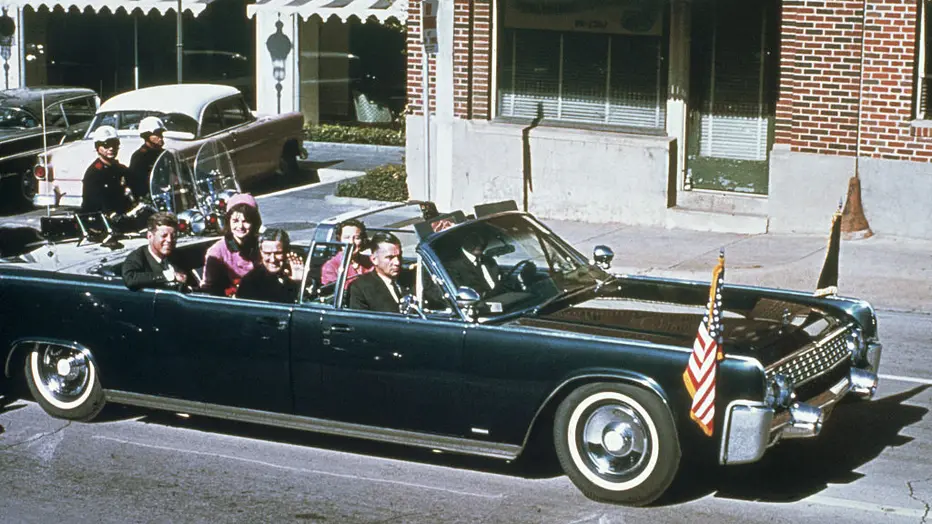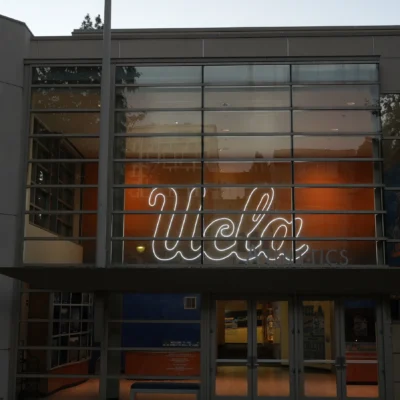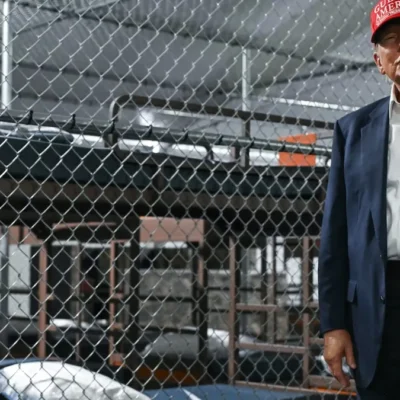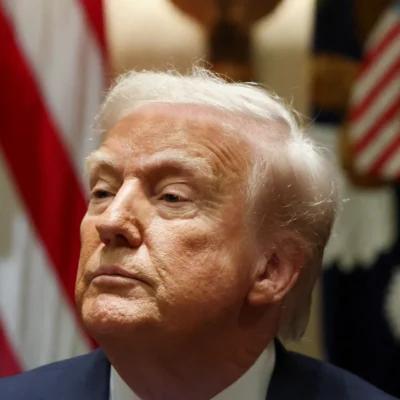On March 18, 2025, President Donald Trump authorized the release of approximately 80,000 pages of previously classified documents related to the JFK Assassination of President John F. Kennedy. This move aims to fulfill longstanding public interest in one of America’s most scrutinized historical events.
Background of the Release
The assassination of President Kennedy on November 22, 1963, has been the subject of extensive investigation and numerous conspiracy theories. The President John F. Kennedy Assassination Records Collection Act of 1992 mandated the release of all related records by 2017, barring any specific national security concerns. While many documents were released over the years, some remained classified due to security considerations. President Trump’s recent executive order has now facilitated the full disclosure of these remaining files.
Key Revelations from the Declassified Files
The newly released documents offer deeper insights into various aspects surrounding the assassination:
Lee Harvey Oswald’s International Connections
The files shed light on Oswald’s interactions with foreign entities:
- Soviet Ties: Documents detail Oswald’s visits to the Soviet embassy in Mexico City weeks before the assassination, highlighting his attempts to secure a visa to Cuba and the USSR. Latest news & breaking headlines
- Cuban Associations: Records explore Oswald’s pro-Castro activities and potential connections to Cuban intelligence, providing context to theories about his motivations.
Intelligence Agencies’ Awareness
The declassified files reveal the extent of U.S. intelligence agencies’ knowledge prior to the assassination:
- FBI Surveillance: Documents indicate that the FBI was monitoring Oswald’s activities and had received warnings about potential threats to the President.
- CIA Monitoring: The CIA had tracked Oswald’s movements and communications, particularly his interactions with Soviet and Cuban officials.
Internal Agency Communications
The files include internal memos discussing various conspiracy theories and the need to address public speculation:
- Warren Commission Briefings: Correspondence reveals deliberations on the scope of the investigation and the handling of sensitive information.
- Media Strategies: Documents outline strategies to manage press inquiries and public perception in the aftermath of the assassination.
Public and Expert Reactions

The release has elicited mixed responses:
- Historians: While acknowledging the significance of the release, many historians believe the new information corroborates existing conclusions that Oswald acted alone. The Guardian
- Conspiracy Theorists: Some argue that the files raise further questions about potential foreign involvement and internal cover-ups.
- General Public: The broader public remains divided, with some expressing closure and others seeking more definitive answers.
Implications for Transparency and Historical Research
This comprehensive release underscores the government’s commitment to transparency and offers valuable resources for researchers:
- Academic Research: Scholars now have access to a wealth of primary sources to analyze the socio-political climate of the 1960s.
- Public Trust: The declassification may enhance public trust in governmental processes by addressing long-held suspicions.
- Future Declassifications: This precedent could influence the release of other historical documents, fostering a culture of openness.
Conclusion
The declassification of these JFK assassination files marks a pivotal moment in American history, providing deeper insights into the events surrounding that fateful day in 1963. While the documents may not drastically alter the established narrative, they enrich our understanding and offer opportunities for renewed analysis and discussion.
Ekrem İmamoğlu’s Political Influence: A New Era in Turkish Politics






